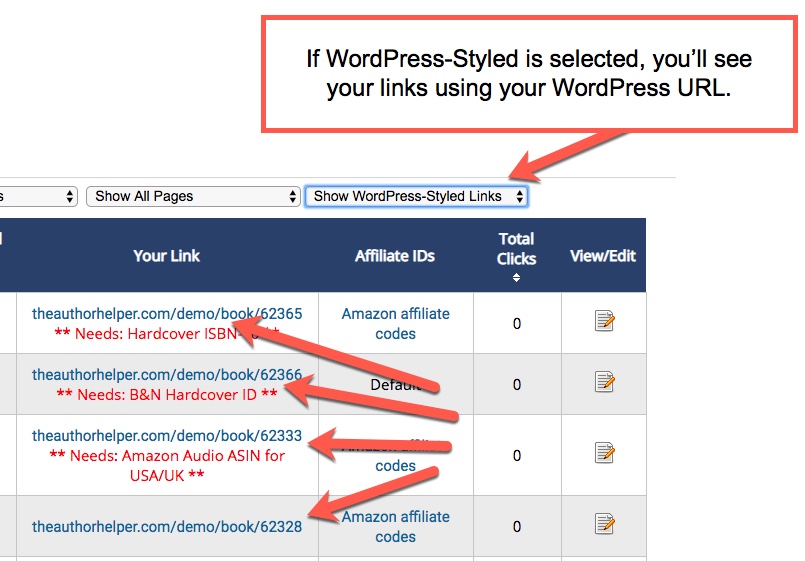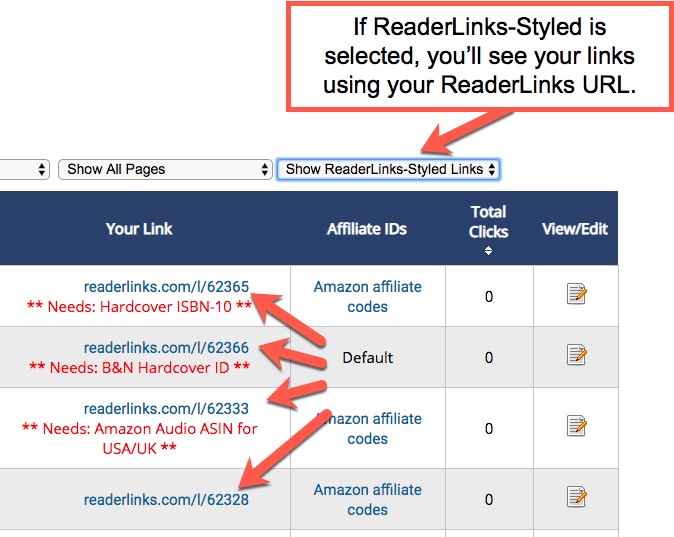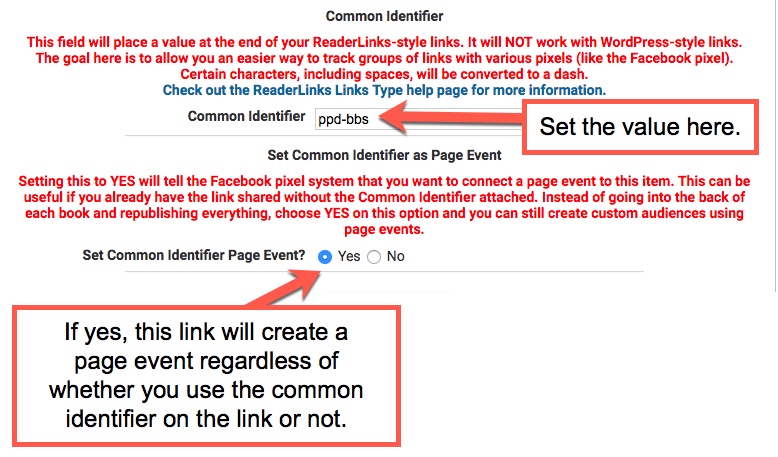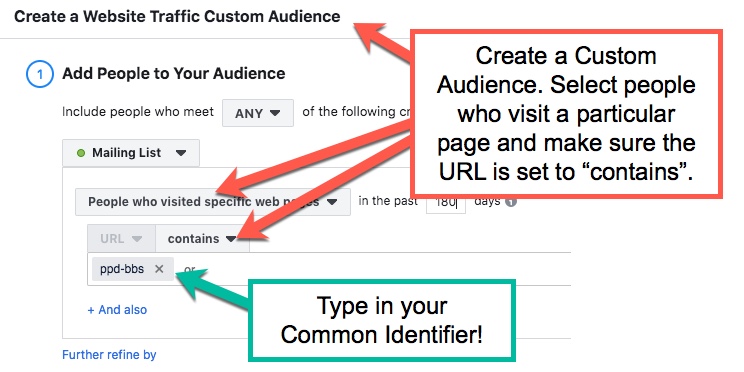The Author Helper Suite Help – ReaderLinks Links Types
If you have installed the ReaderLinks WordPress plugin, you’ll be able to use your own WordPress website domain to share your links. If you don’t have a WordPress site, you can use the standard ReaderLinks links.
What you may not know is that these are completely interchangeable, meaning that you can use either type of link. They’ll function precisely the same as far as what they do, but the standard ReaderLinks link will be much faster than the WordPress one.
This is because WordPress is notoriously slow at loading. Plus, the more plugins you use on your WordPress site, the slower it’s going to get. Couple that with inexpensive web hosting and you could be looking at 5+ seconds before your site even loads. That’s a long time to expect a person to wait for a link to load!
Fortunately, ReaderLinks is there for you to help speed up the redirection time while still giving you geolocation (making sure the reader goes to the proper service page for their country), link tracking, and even the Facebook Audience Pixel. Some advertisers may penalize you due to slow load times, too. While it’s not yet been verified, some authors have reported that they believe Amazon has been feeding their ads more slowly because of long load times.
And now we make it easy for you to select between the WordPress ReaderLinks Link and the Standard ReaderLinks Link.
IMPORTANT NOTE: We no longer update the WordPress plug-in. The performance is just too slow in today’s competitive market. We recommend using the default ReaderLinks links, if possible.
Finally, note that if you are using a Facebook Pixel (and you should be!), ReaderLinks now supports the use of those pixels via our Standard ReaderLinks links.
Please refer to Facebook’s help page for setting up a Facebook Pixel: https://www.facebook.com/business/help/952192354843755
Once you have your pixel in place on Facebook, check out the following two help sections:
Common Identifiers
One pain point of creating custom audiences is gathering all the links together to build them properly.
For example, if you have 10 books in a series and you put a link at the end of each to get somone to buy the next in line…you have a number of links to contend with. Book 1 points to book 2, which points to book 3, etc.
Wouldn’t it be swell to have a way where you can just put in a single value to track all those links?
That’s where Common Identifiers come in.
Taking our example above, and using my Paranormal Police Department series, I would create a bunch of links to sell readers through. Instead of having to keep track of each ReaderLinks link, though, I’m going to assign a Common Identifier. This is just an alphanumeric value that I create, that makes sense to me for the purpose of its use.
So, I’ll just grab the acronym for Paranormal Police Department and tack on Book Back Sale.
That gives me: ppd-bbs
Now, I’ll edit each link that I want to attach that value to, and save it out.
I’m also going to tell ReaderLinks that I want it to create a page event for that ppd-bbs value so that I don’t have to remember to put it on the link. Plus, this will allow me to gain the benefit of the Common Identifier without having to republish my current links!
Using Common Identifiers to get Custom Audiences
Once you start using this feature, Facebook will begin storing the pixel information.
Note that if you are using the links method only, it will not store page events. If you use page events only, it will not store link events. You can use both though, without a problem.
If you are building an audience via link events, follow this image for details:
If you are using page events, instead, then follow this image:
I haven’t seen a way to combine the two, so I would recommend always having page events on and using that method. It’s a catch-all that way.








